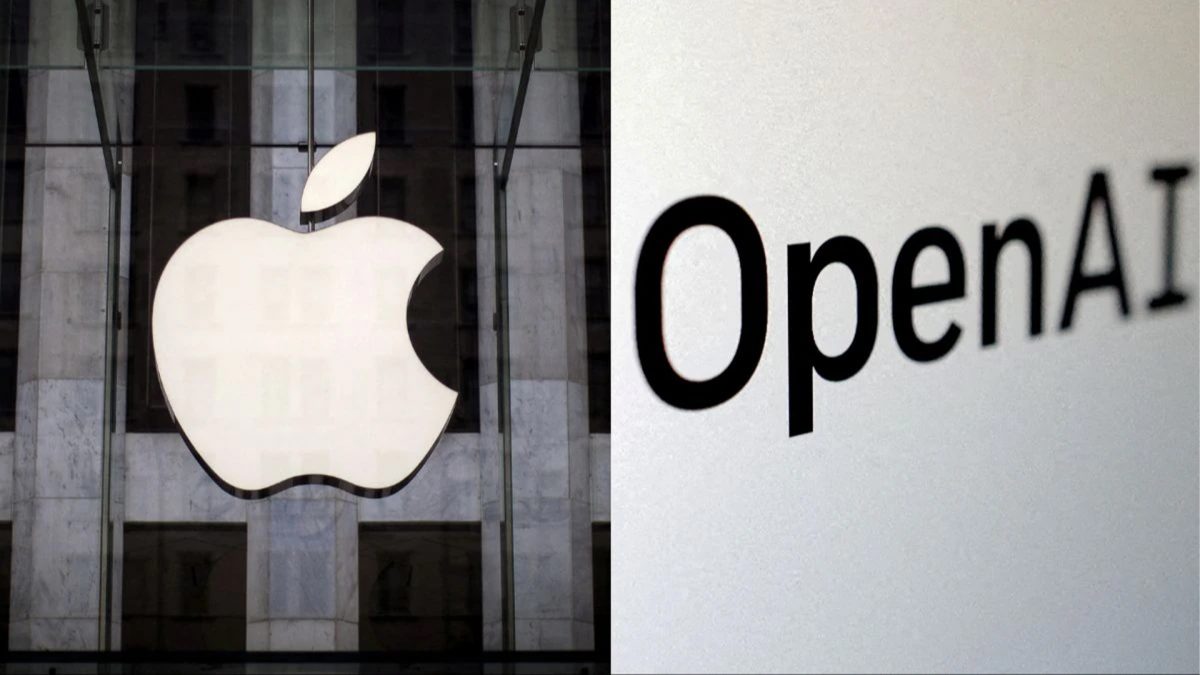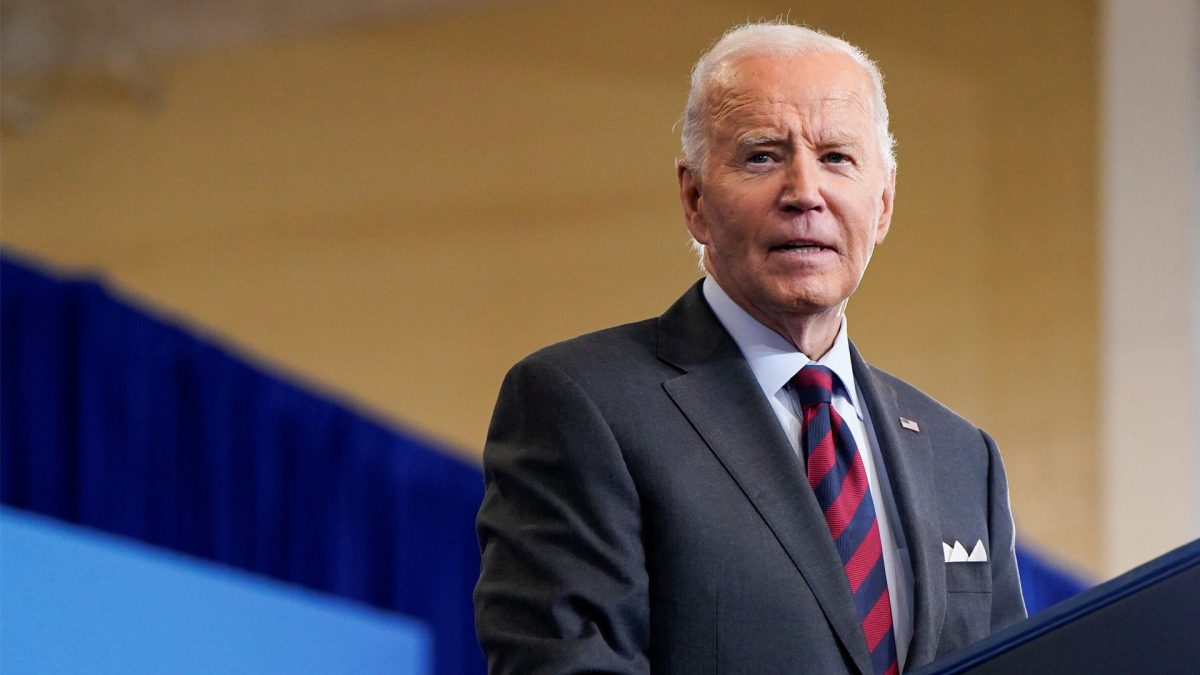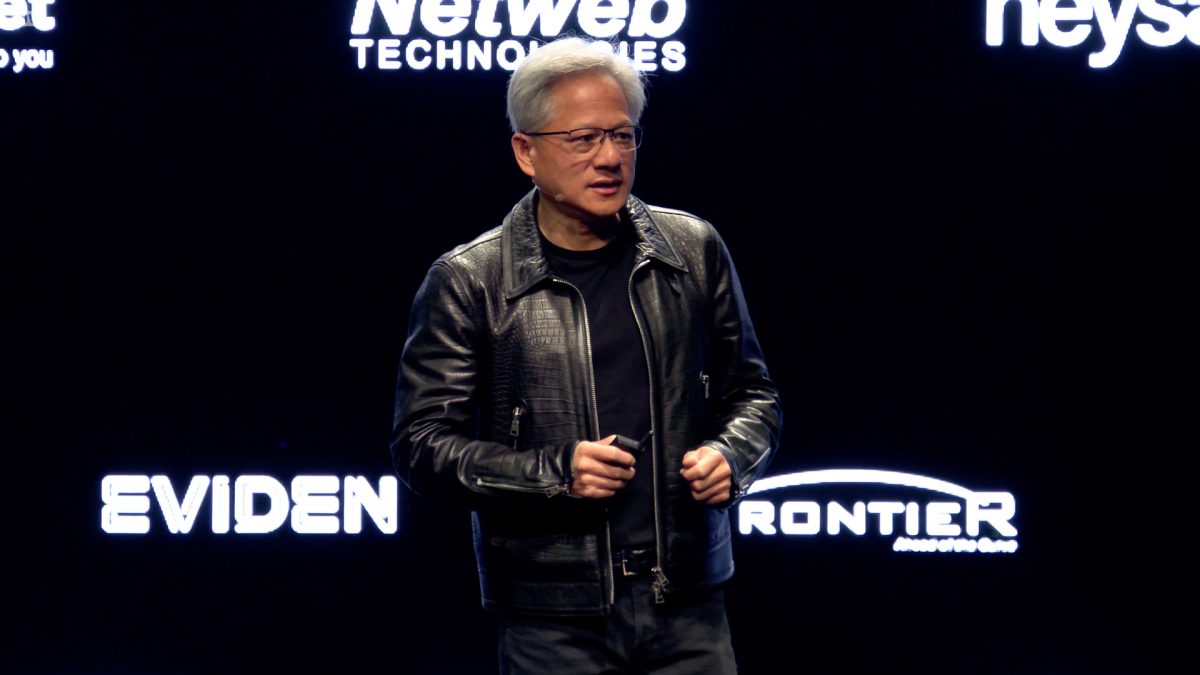Phil Schiller, Apple’s head of App Store development and former marketing chief, has been selected for this observer role at OpenAI. As an observer, Schiller will be able to attend board meetings at OpenAI, but he won’t have the same voting rights as full board members read more
)
There are concerns that some OpenAI board meetings might discuss sensitive matters related to Microsoft's involvement with the company. In such scenarios, Microsoft could request Schiller's exclusion from these discussions. Image Credit: Reuters, Reuters
Apple is set to take on a new role as a board observer at OpenAI, a development that was revealed during WWDC 2024. This move is part of a broader partnership aimed at enhancing both companies’ AI capabilities.
Phil Schiller, Apple’s head of App Store development and former marketing chief, has been selected for this observer role at OpenAI. As an observer, Schiller will be able to attend board meetings at OpenAI, but he won’t have the same voting rights or influence over decisions as full board members.
A report from Bloomberg, citing sources familiar with the situation, indicates that Schiller has not yet attended any OpenAI board meetings. Schiller transitioned from his role as Apple’s marketing chief in 2020 to focus on App Store development and new product launches. Despite not being directly involved in Apple’s latest AI projects, his extensive experience at Apple made him a suitable choice for the observer position.
In June, Apple announced the integration of ChatGPT with its latest operating system updates, alongside its own AI features branded as Apple Intelligence. The partnership with OpenAI reportedly doesn’t involve any financial transactions, which likely explains Apple’s observer status. Interestingly, Microsoft also holds an observer role at OpenAI, which could create tension given the competitive nature of their relationship.
There are concerns that some OpenAI board meetings might discuss sensitive matters related to Microsoft’s involvement with the company. In such scenarios, Microsoft could request Schiller’s exclusion from these discussions.
Through this partnership with OpenAI, Apple aims to offer its users access to a highly popular chatbot, potentially opening up new revenue streams. By providing the paid version of OpenAI’s ChatGPT, Apple can benefit from App Store fees, adding to its revenue.
For OpenAI, this partnership means gaining access to Apple’s large user base, particularly those interested in AI and advanced language models. This collaboration is part of Apple’s broader push into AI, with the company also seeking similar partnerships with Google and AI startup Anthropic.
In China, Apple is exploring potential agreements with local companies that have government approval for their AI and language model technologies. Potential partners include Alibaba and Baidu, as Apple plans to expand the availability of its AI features in this market.
The AI features previewed at WWDC will initially be available only in US English later in 2024. The international rollout of Apple Intelligence will take more time, as Apple needs to navigate various local regulations and address concerns from EU regulators to ensure compliance.
Overall, Apple’s new observer role at OpenAI is a strategic move to bolster its AI capabilities and enhance its product offerings. This partnership represents a significant step in Apple’s ongoing efforts to integrate advanced AI features into its ecosystem, promising exciting developments for its users and the tech industry at large.

 4 months ago
51
4 months ago
51
)
)
)
)
)
)
)
)
)
)
)
)
)
)
)
)
)
)
)
)
)
)
)
)
)
 English (US) ·
English (US) ·